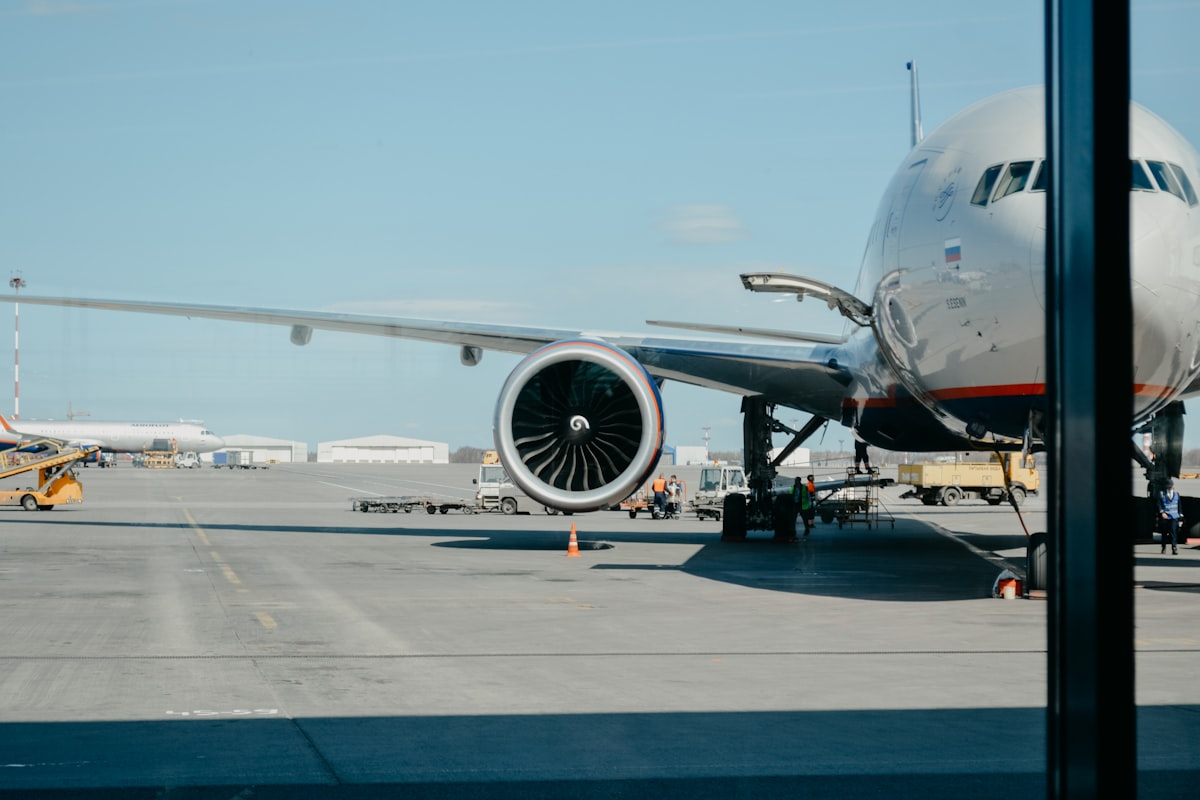Flyer's Rights Strengthened: New DOT Rules to Refund Passengers for Airline Delays and Cancellations
The Department of Transportation's new rules mandate refunds for canceled or significantly altered flights, promising over $500 million in annual savings for passengers.

United and American about to go bankrupt, Southwest sweating bullets.
The Department of Transportation (DOT) has introduced a set of robust rules aimed at protecting airline passengers by requiring timely refunds for cancellations, delays, and significant itinerary changes. These changes are set to reshape the landscape of air travel, making consumer rights a priority.
Understanding the New Refund Rules
Under the new regulations, airlines are obligated to issue refunds promptly if they cancel a flight for any reason or if the passenger decides not to travel due to a significant change in the itinerary. For domestic flights, a significant change is defined as an adjustment of three hours or more to the scheduled departure or arrival time. For international flights, this window extends to six hours.
Options for Refunds
Passengers are entitled to refunds in the original form of payment, be it cash or credit. However, they also have the option to accept alternative compensations such as travel credits, different forms of transportation, or another flight that the airline might offer.
Additional Compensation
The rules also cover scenarios beyond just flight changes:
- Baggage Fees: If your checked baggage is delayed for 12 hours after a domestic flight or 15-30 hours after an international flight, airlines must refund any baggage fees. This requires passengers to file a mishandled baggage report.
- In-Flight Services: Refunds must also be provided for services not rendered, such as pre-paid Wi-Fi, seat assignments, or in-flight entertainment.
Enhanced Transparency
Another critical aspect of the new DOT rules is the requirement for airlines to disclose all potential additional fees upfront. This includes fees for checked baggage, flight changes, or cancellations. This initiative is part of a broader move to prevent "surprise fees," ensuring that passengers can make fully informed decisions when booking flights.
Impact of the New Rules
Transportation Secretary Pete Buttigieg emphasized that these measures are expected to save passengers more than half a billion dollars annually in fees for services they either did not receive or could not use due to airline-initiated changes. He stated, "Airlines should compete with one another to secure passengers’ business—not to see who can charge the most in surprise fees."
Implementation Timeline
The DOT plans to roll out these rules progressively over the next six to twelve months. This phased approach will allow airlines to adjust their policies and systems to comply with the new regulations, ultimately leading to a more transparent and passenger-friendly air travel industry.
These sweeping changes are a significant win for consumers, advocating for transparency and accountability in the airline industry while ensuring that passenger rights are front and center.





